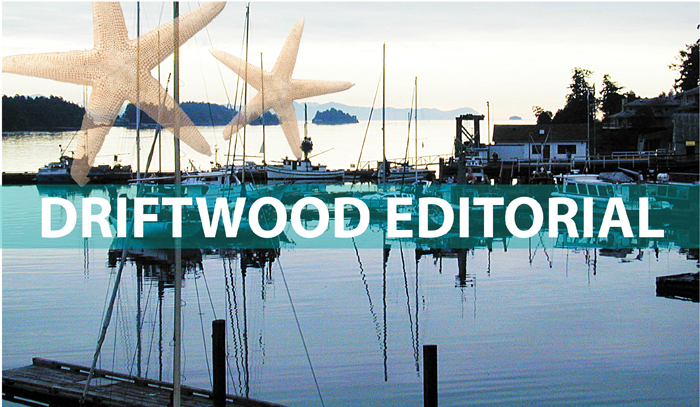It seems for every functioning vessel on the coast, a junker with no hint of life is tied up just alongside.
Wrecked and abandoned boats have been common on the coast for centuries, but the inventory of historic steamships and wooden trading vessels downed by local hazards is seeing a boost from entirely modern sources as cheap pleasure craft manufactured in the 1960s through the 1980s reach the end of their lifespan. Many of those dying boats have been turned into temporary housing on the water; all of them are costly and difficult to dispose of, making it easier for some to leave them behind.
The Driftwood is just one voice that has called for a concrete program to deal with abandoned boats over the years. The Islands Trust made the issue one of its top advocacy areas, and its former chair Sheila Malcomson continued to champion the need for senior government action in her role as Nanaimo-Ladysmith MP.
The federal government has finally made its own steps toward implementing legislation to assign owner responsibility and the authority to respond under various departments, with the bill expected to reach final approval this summer. Temporary funding to clean up derelict boats has also been made available. It’s being put to good use on the south coast by groups such as the Dead Boats Society, its partners in local government and community volunteers involved with inventories and beach cleanup events.
The Dead Boats Society is asking people whose boats haven’t yet sunk to sign over authority and allow the organization to collect vessels before they slip beneath the waves or get lodged on a rocky cove. Notices will be going out to abandoned-looking boats soon. This is a great opportunity for people who might not otherwise be able to act to do the right thing for their community and the environment, and it should be supported wherever possible.
Now is also the time to think about the additional regulatory tools that will be needed to deal with a growing problem, by all levels of government. Fibreglass recycling, moorage management and boat ownership licensing are just some of the areas that need to be addressed sooner rather than later. Our precious marine environment depends on it.

